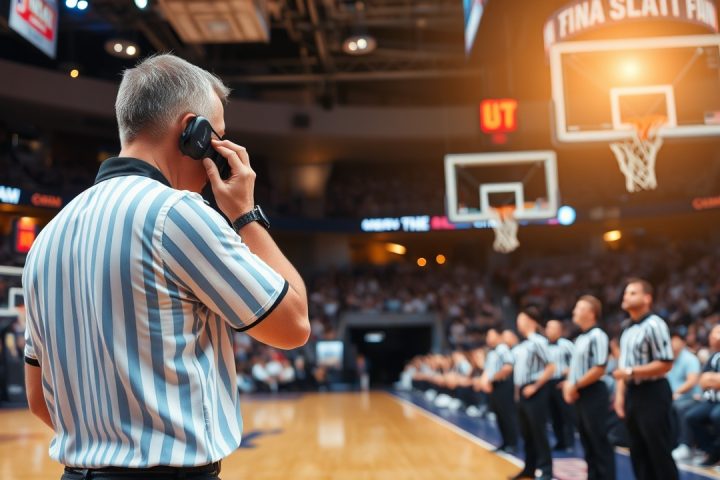MLS Scheduling Reform
Jorge Mas, the co-owner of Inter Miami, believes that Major League Soccer (MLS) is on the brink of significant reform in its scheduling, aiming to align more closely with the international soccer calendar. During an interview with ESPN, Mas noted that discussions regarding this transition are expected to intensify over the summer.
Current Challenges
Currently, MLS operates on a February to November schedule, which diverges from the typical international structure used by most leagues. This discrepancy presents challenges for MLS teams, particularly in the realm of transfers, as the league’s primary transfer window extends from January 31 to April 23, conflicting with the summer transfer windows prevalent in European leagues.
Proposed Changes
In April, MLS announced plans to investigate a potential shift to a fall-spring format by 2027, including possible changes to the playoffs and regular season structure. “I fully expect that during our summer meetings, we will agree on a strategy that will move us toward aligning with the FIFA calendar,” Mas asserted, highlighting that the current system puts MLS teams at a disadvantage in transfer negotiations.
Enhancing Competitiveness
The co-owner emphasized that synchronizing the league’s calendar with FIFA’s would enhance MLS’s competitiveness in the global transfer landscape, allowing clubs to engage more actively in both acquiring new players and letting go of existing ones.
Mas explained that roster flexibility is another crucial factor in improving the league’s competitive edge against top-tier teams. He expressed his desire for increased financial flexibility, particularly in roster expansion, but acknowledged that such moves would depend on the financial growth of the league and its teams.
Mas pointed to Inter Miami’s success as evidence of increased visibility boosting league revenues, which in turn can enhance roster capabilities. The gap in talent often lies not only in the starting lineup but in the depth available on the bench—meaning a deeper roster could significantly improve team performance.
Call for Deeper Rosters
Mas advocated for teams to be able to field deeper squads, ideally extending rosters to 14 or 16 players as opposed to the current limitations. Former coach Gerardo “Tata” Martino and current head coach Javier Mascherano have highlighted similar challenges, especially in light of Inter Miami’s exit from the 2024 Concacaf Champions Cup at the hands of CF Monterrey, where a lack of roster depth was a pivotal factor.
As the team prepares for the upcoming 2025 Club World Cup, concerns regarding depth remain pertinent, with Inter Miami set to compete against formidable teams such as Egypt’s Al Ahly, FC Porto from Portugal, and Brazil’s Palmeiras in the group stage.
Upcoming Challenges
Mas underscored the gravity of the upcoming encounters, particularly the match against Al Ahly on June 14 at Hard Rock Stadium, stating, “This is a big challenge for us. Our goal is to advance beyond the group stage, and we will take it step by step.”
Clearly, the future of MLS and its competitiveness on the global stage depends on these strategic changes in scheduling and roster management, with owners like Mas keen to capitalize on the growing interest in American soccer.




